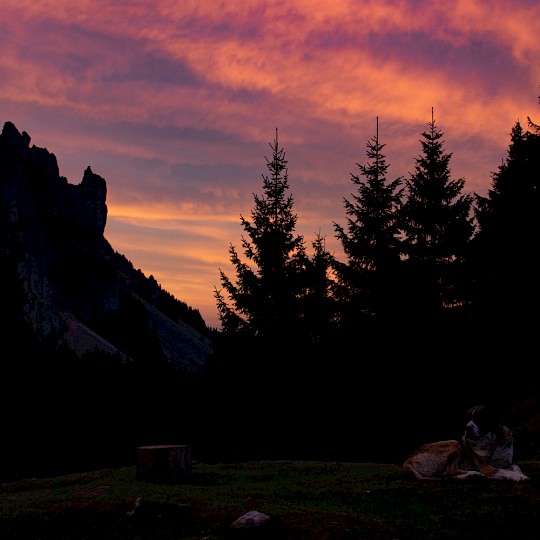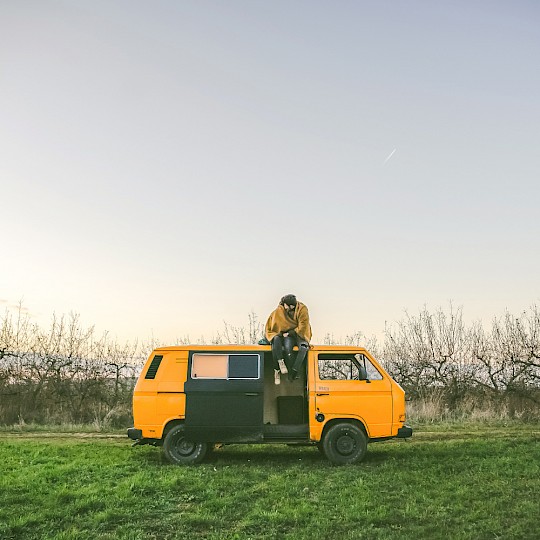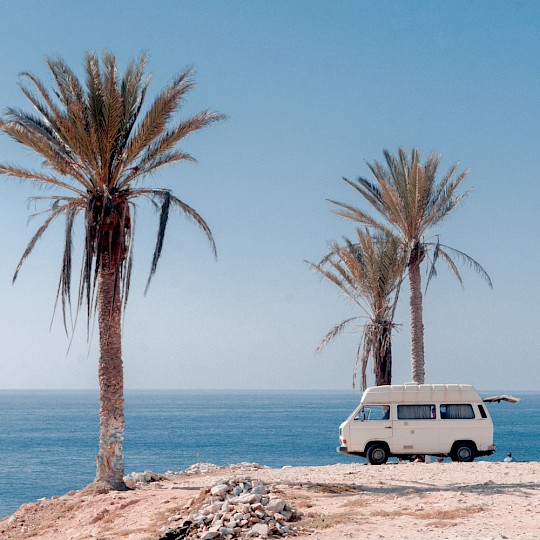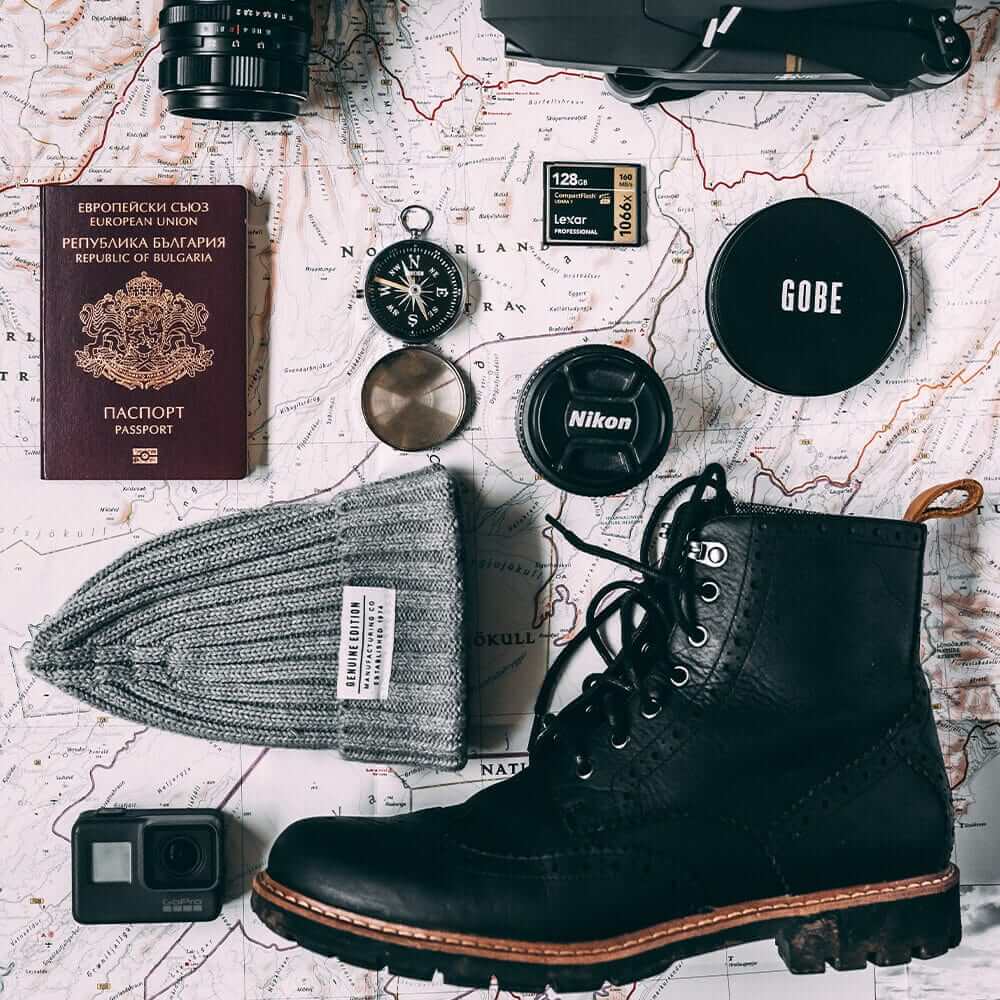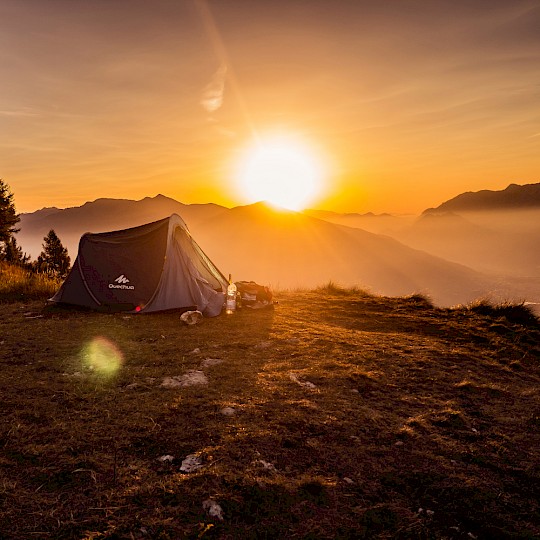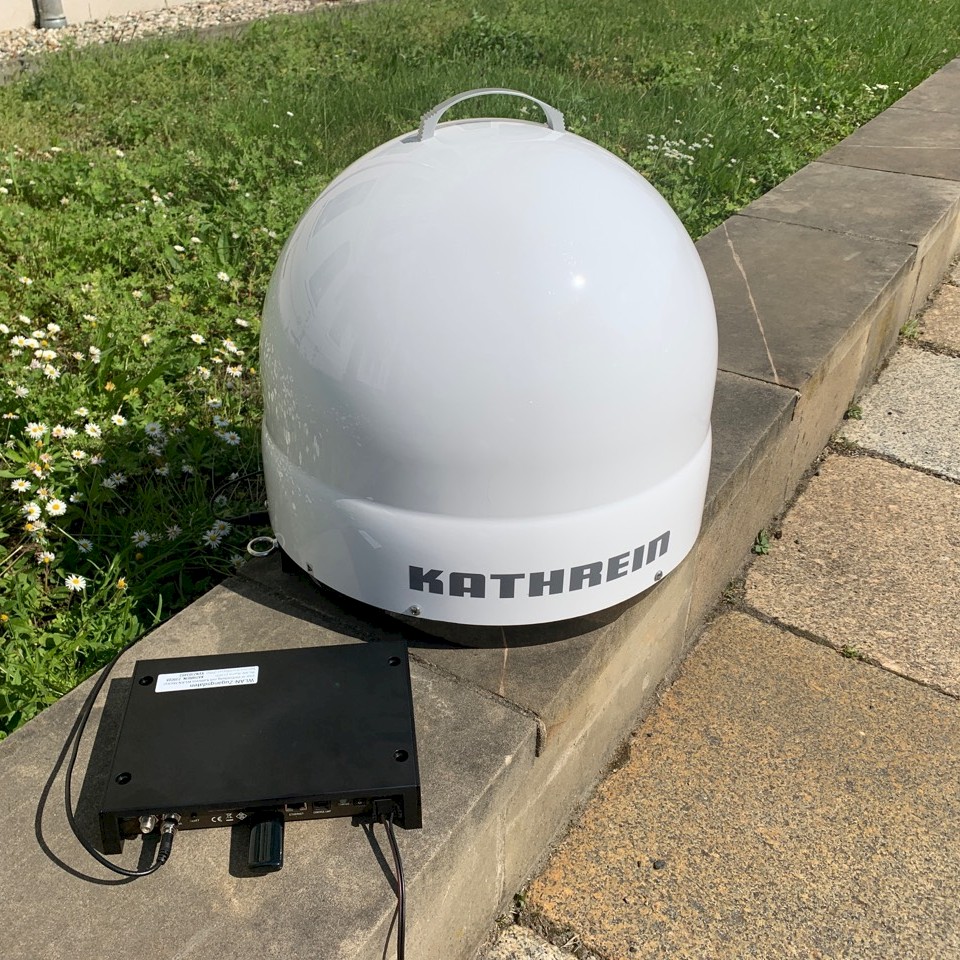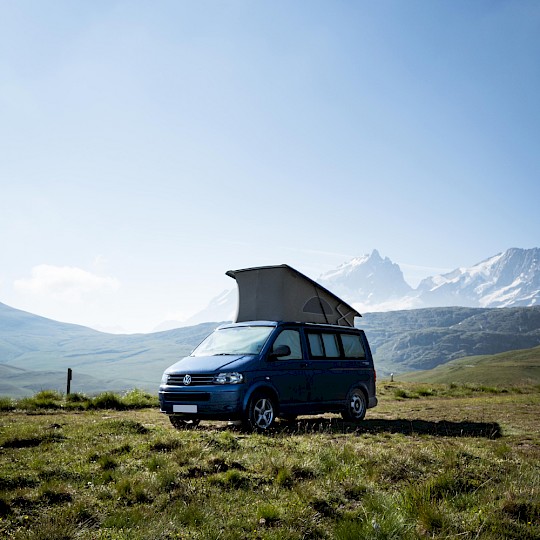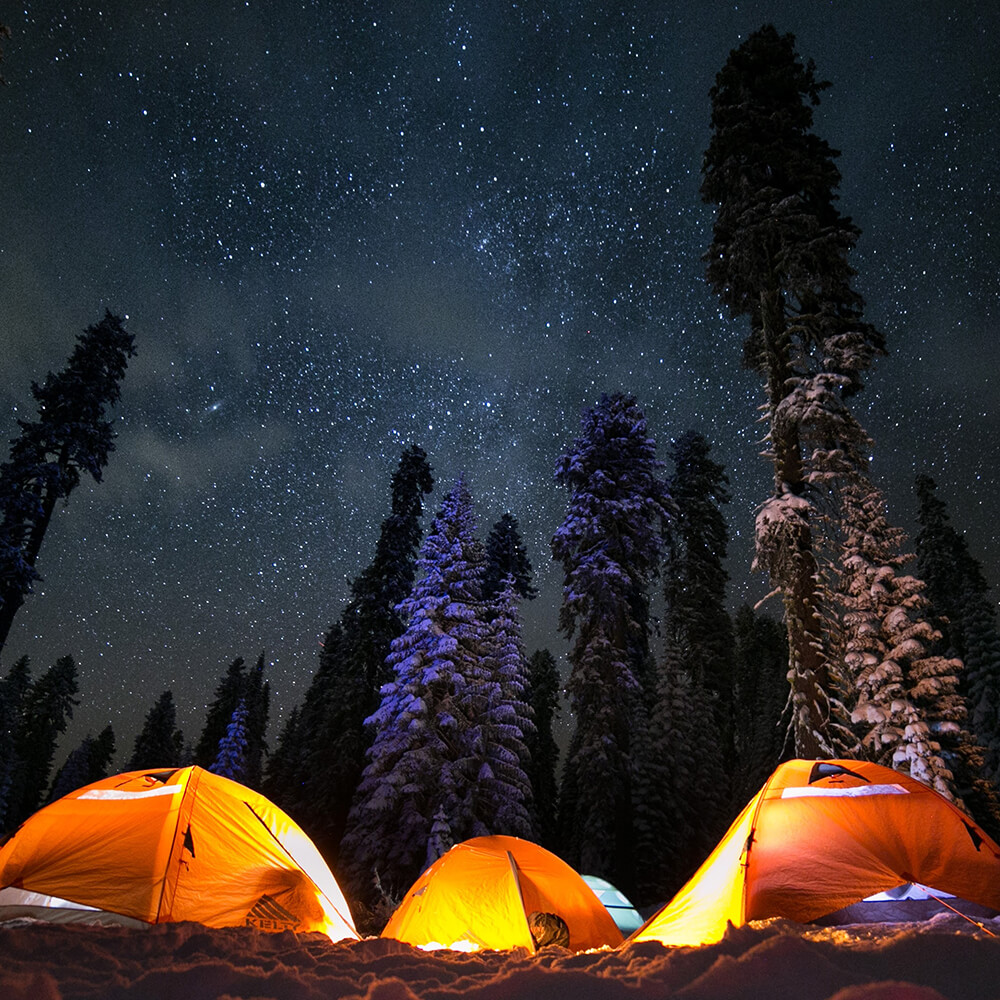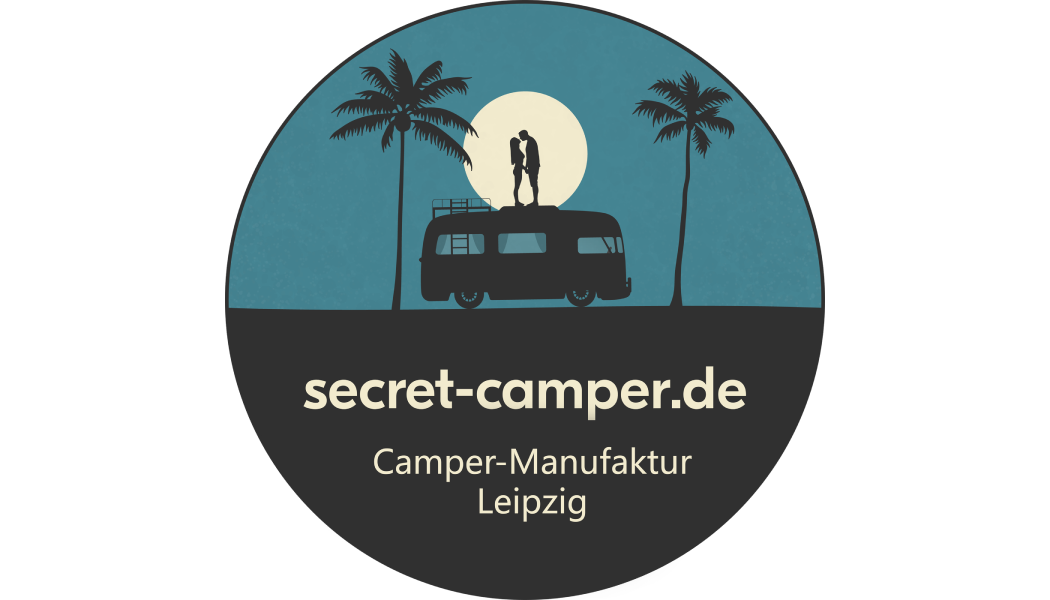Fact #1 - Palatul Parliamentului
The Parliament Palace in the Romanian capital Bucharest is one of the largest buildings in the world in terms of area and the second-largest administration building in the world with a floor area of 365,000 m².
Fact #2 - Wooden churches
The church of the Peri monastery near Săpânța is with 75 m the highest stave church of Europe and the second-largest wooden structure of Europe. It was built between 1997 and 2003.
Fact #3 - Fountain Pen
The Romanian engineer Petrache Poenaru developed a fountain pen, which he patented in France in 1827.
Fact #4 - Peleș Castle
The castle Peleș was the first castle in Europe to be completely supplied with electricity. This was made possible by its power station right next to the building.
Fact #5 - Statue of Decebalus
The statue of Decebalus is with 55 m the highest stone sculpture in Europe. It represents King Decebalus, the last king of Dacia who defended the country against the Romans.
Fact #6 - Danube Delta
The Danube delta is the second largest delta in Europe after the Volga delta. It covers an area of approximately 5,800 km², of which almost three quarters are protected.
Fact #7 - Athletes
Romania has produced some special athletes, including the first gymnast to receive a perfect 10 point rating at the Olympic Games.
Fact #8 - Smallest banknote in the world
The smallest banknote in the world was the Romanian 10 Bani note. It was put into circulation in 1917 and was just 27.5 mm x 38 mm in size.
Fact #9 - Espresso machine
The first predecessor of today's espresso machines was developed by Francesco Illy, an entrepreneur born in Romania. He is also the founder of the coffee brand Illy.
Fact #10 - Electric Street Lighting
The city of Timisoara in the west of the country was the first city in Europe to receive electric street lighting. The gas conversion took place in 1884.




